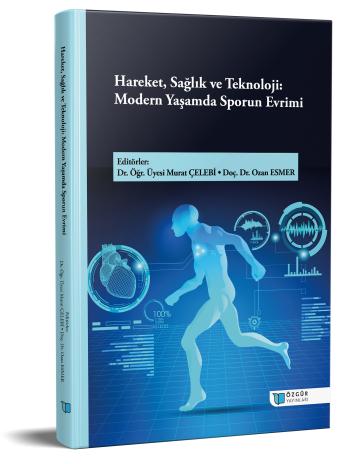
The Role of Physical Activity on Children
Chapter from the book:
Çelebi,
M.
&
Esmer,
O.
(eds.)
2024.
Movement, Health, and Technology: The Evolution of Sports in Modern Life.
Synopsis
Physical activity plays a critical role in children’s healthy growth and development. Regular physical activity supports muscle and bone development, reduces the risk of obesity, and protects cardiovascular health. It also increases children’s energy levels and improves their physical endurance. Physical activity contributes to the development of motor skills (such as balance, coordination, and flexibility), increases children’s self-confidence, and strengthens their social skills. Games and group activities provide an opportunity to develop social skills such as teamwork, communication, and problem-solving. In addition, physical activity has significant effects on cognitive development. Research shows that children who exercise regularly experience significant improvements in their attention, memory, and academic performance. In addition, physical activity positively affects children’s emotional health by reducing stress and anxiety. As a result, physical activity is a holistic tool that supports children’s physical, social, cognitive, and emotional development. It is important to establish regular physical activity habits from an early age for a healthy life.

